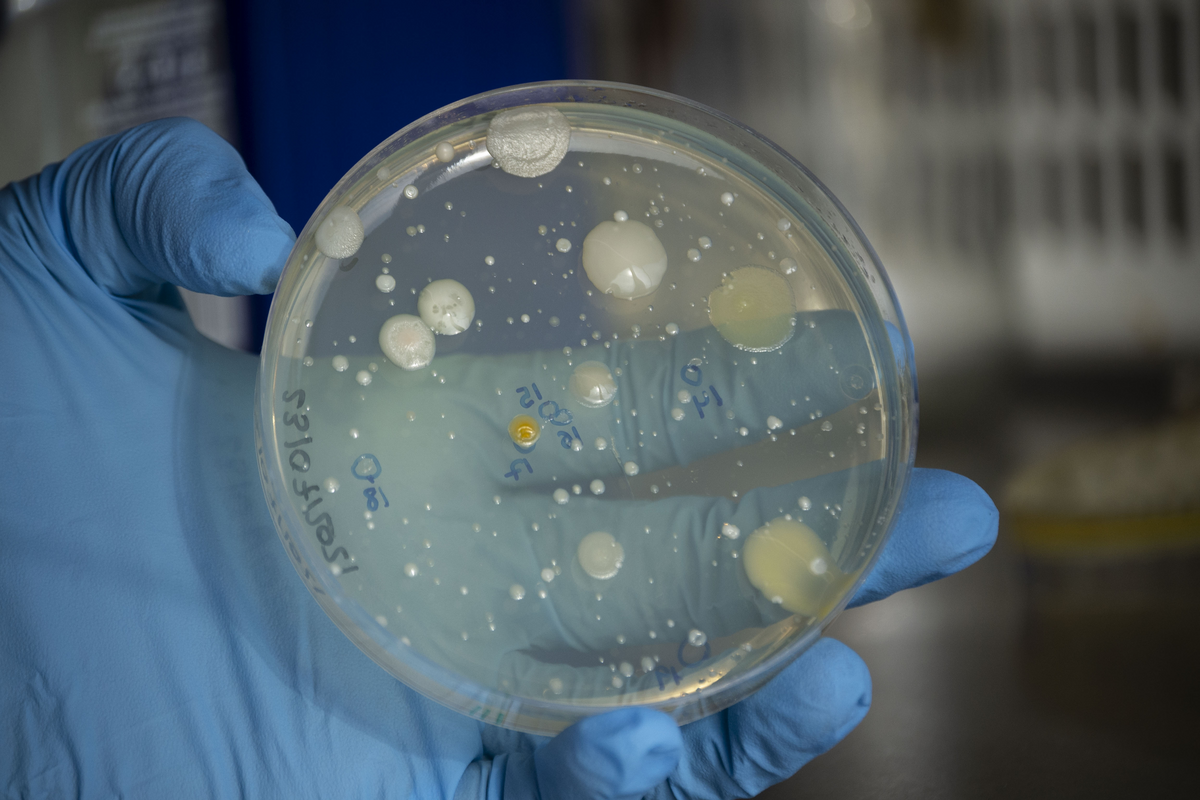5.7 million euros for new EU project to apply microbiology to promote energy independence
- The European Commission recently announced plans to increase biogas production to a volume equivalent to 20 percent of current Russian gas imports by 2030.
- The Micro4Biogas project aims to increase biogas production by optimizing the microbial communities involved in the process.
- It also aims to make the use of secondary resources such as organic waste more economical to stabilize sustainable fuel production and support intermittent renewable sources.
Biogas plays a central role in achieving energy security in the EU, but the potential of biogas as a renewable fuel has not yet been fully tapped. To optimize biogas production and make this a cost-effective alternative to fossil fuels, the international research team of the Micro4Biogas project is developing customized microbial communities.
With the aim of eliminating chemical and biological inhibition effects in biogas plants, the research team is working to increase the efficiency of biogas plants. In doing so, the project is playing its part in helping Europe achieve the ambitious goals of the REPowerEU action plan to end the EU's dependence on fossil fuels from Russia and address the climate crisis.
The production of biogas using anaerobic digestion is not a new technology. Recycling organic waste to produce methane as a renewable fuel is a common practice in European countries. Germany, the world's largest biogas producer, is home to about 10,000 biogas plants and is currently pushing the construction of small, decentralized plants. But building more plants of new ones is not the only solution to the current energy crisis. The scientific strategy developed in the Micro4Biogas project aims to optimize the processes that take place in existing biogas plants. This means that more biogas can be produced without increasing the amount of substrate required for the microbial fermentation of organic waste. "We want to increase the biogas yield, its quality, the production speed and the robustness of the whole process," explains Micro4Biogas coordinator Manuel Porcar from the University of Valencia (Spain).
To achieve this goal and stabilize biogas production, "the challenge is to better understand the complexity of anaerobic digestion in detail," explains Christian Abendroth, Chair of Circular Economy at Brandenburg University of Technology Cottbus Senftenberg (BTU), Germany, and partner in Micro4Biogas. The research team has already collected and is currently analyzing microbial samples from several biogas plants to find key microbial factors and microbial consortia relevant to optimizing biogas production. In biogas reactors, these complex microbial communities ferment organic material, releasing methane as a renewable fuel. Due to the complexity of the interacting microorganisms, there is still a great need for research, but ultimately efficiency and yield "depend on the performance of the microbes," Abendroth explains. Optimized biogas produced can be injected into existing gas infrastructure, largely replacing natural gas and preventing interruptions in energy supply. "While both photovoltaic and wind energy have the disadvantage of generating electricity depending on the weather, biogas can be stored and consumed whenever it is needed," explains Carlos Roldán, an electrical engineer from the Polytechnic University of Valencia and the expert responsible for putting Micro4Biogas' results into practice in the Valencian municipality of Aras de los Olmos, Spain. The results of the Spanish pilot plant "will be directly applicable to any other plant," Roldán adds. "We are particularly interested in electricity self-sufficiency, which Aras de los Olmos aims to achieve based on biogas and in combination with other renewable systems to supply the community." The ability to store biogas and use it on demand helps stabilize the power grid, facilitating the widespread use of intermittent renewable sources.
About the MICRO4BIOGAS project
MICRO4BIOGas is an EU-funded project working on the development of customized microbial consortia to increase biogas production. It is funded with 5.7 million euros for the entire project. 111,000 euros will go to BTU Cottbus-Senftenberg. The project brings together 15 institutions from six countries (including universities, companies and the local government of a Spanish city where a state-of-the-art biogas plant is being built) and aims to increase the yield, speed, quality and reproducibility of biogas production and consolidate this renewable energy as an ecologically, politically and economically viable option.
Contakt
Prof. Dr. Christian Abendroth
Chair of Circular economy
T +49 (0) 355 69 1185
christian.abendroth(at)b-tu.de
Press contact
Scienseed
E press(at)scienseed.com
Press contact
Stabsstelle Kommunikation und Marketing
T +49 (0) 355 69-2115
kristin.ebert(at)b-tu.de

